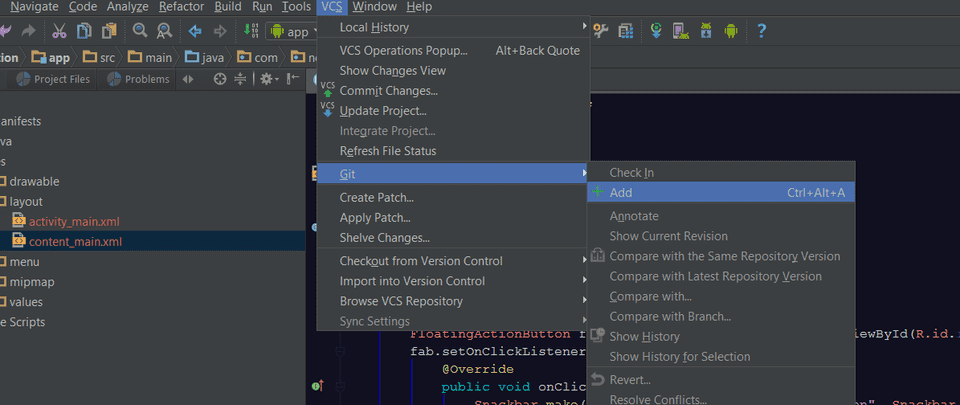

If you are using Windows, read the installation instructions to get a standalone binary or to install via npm. If you are using macOS or Linux, you can run the following cURL command: curl -sL | bash Install the Firebase CLIįirst you will need to install the Firebase CLI. This provides a safe, fast, and no-cost local development environment to build your app. In this codelab you'll use the Firebase Emulator Suite to locally emulate Firebase Auth, the Realtime Database and Cloud Storage. Implementation 'com.firebaseui:firebase-ui-database:8.0.1' Implementation 'com.firebaseui:firebase-ui-auth:8.0.1' Implementation platform(':firebase-bom:30.3.2') Implementation ':play-services-auth:20.2.0' The google-services plugin is required to parse the google-services.json fileĬlasspath ':google-services:4.3.13'

In this codelab all of the dependencies you will need have already been added for you, but it's important to understand how to add the Firebase SDK to your app:Ĭlasspath ':gradle:7.2.2' If you see a warning about a google-services.json file missing, don't worry. You should now have the build-android-start project open in Android Studio. In Android Studio, select File > Open, then select the build-android-start directory ( ) from the directory where you downloaded the sample code. For more information, see Step #10 of this codelab. Note: If you want to run the finished app, you have to create a Firebase project in the Firebase console, along with a Firebase Android App that has your app's package name and SHA1. build-android-Completed code for the finished sample app.build-android-start-Starting code that you build upon in this codelab.The "friendlychat-android" repository contains two directories: Familiarity with the Kotlin programming language.Ĭlone the GitHub repository from the command line: $ git clone.To install Java use these instructions to check your version, run java -version.



 0 kommentar(er)
0 kommentar(er)
